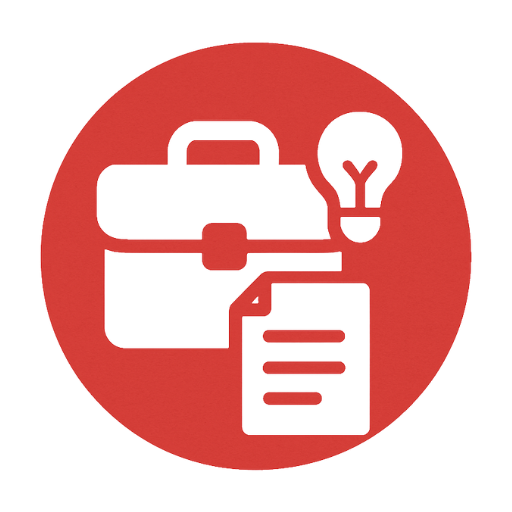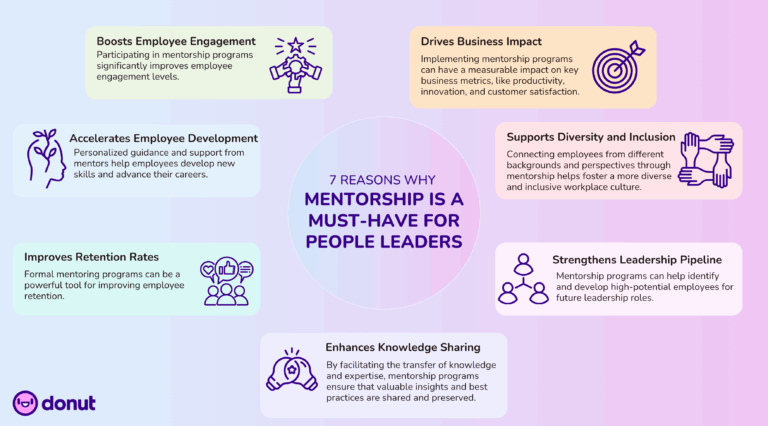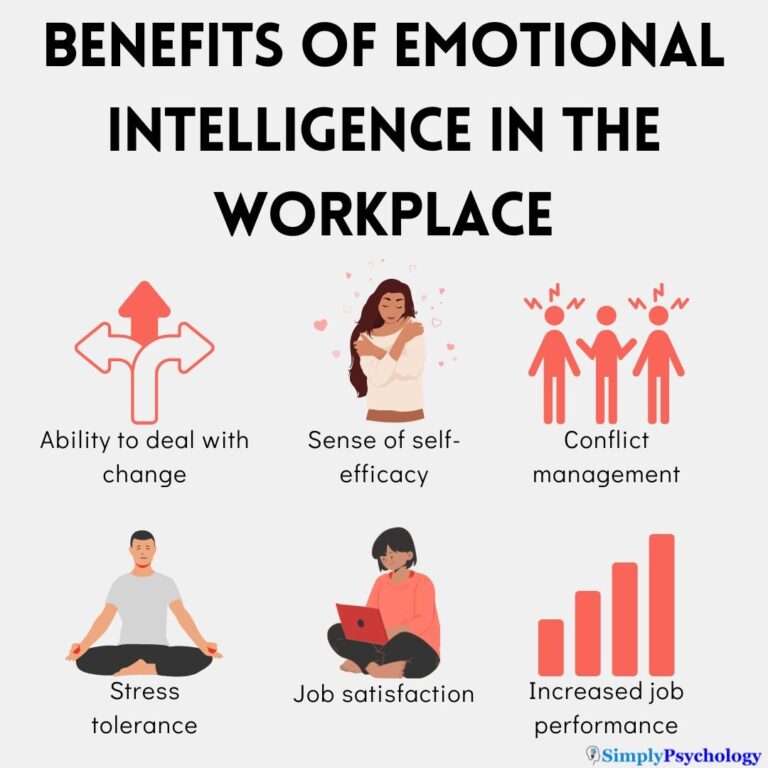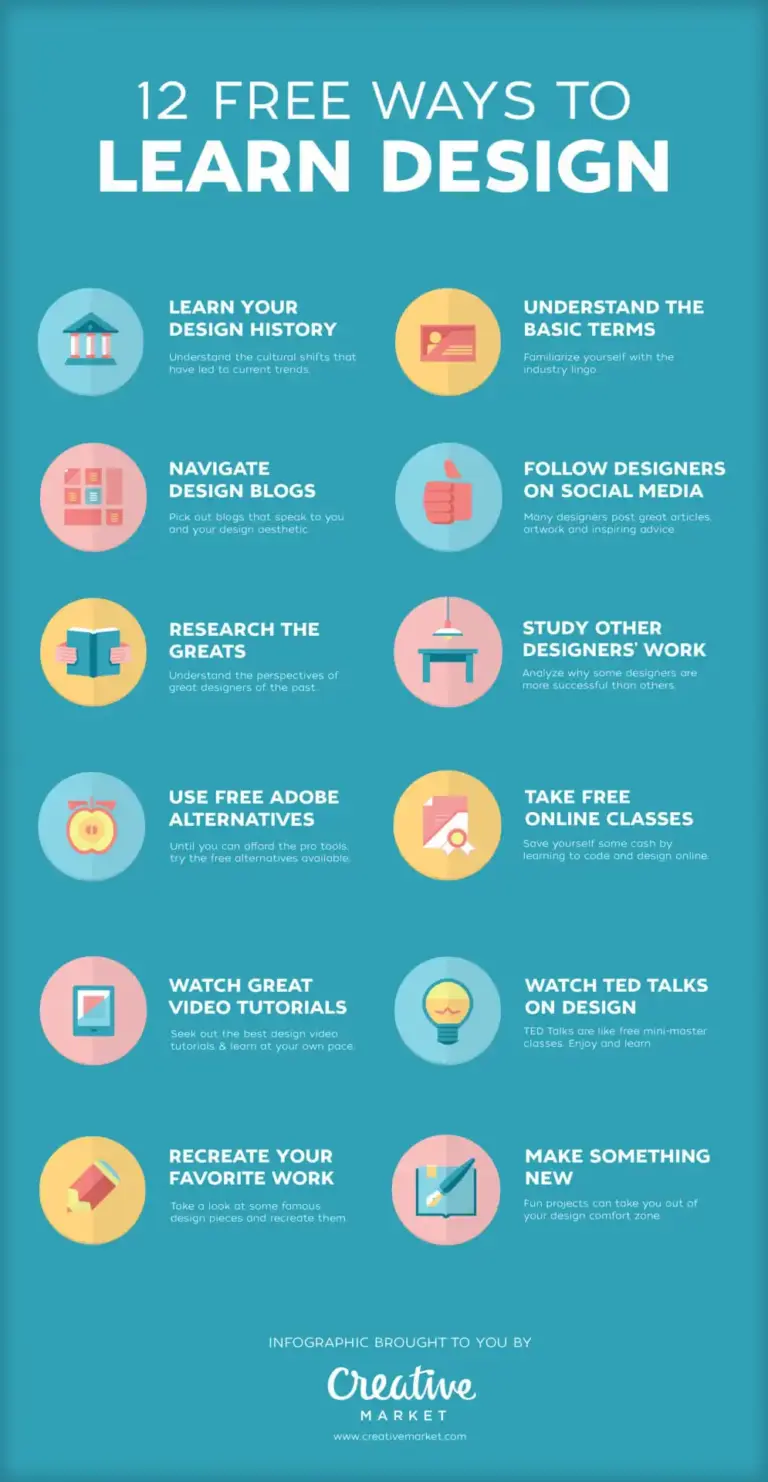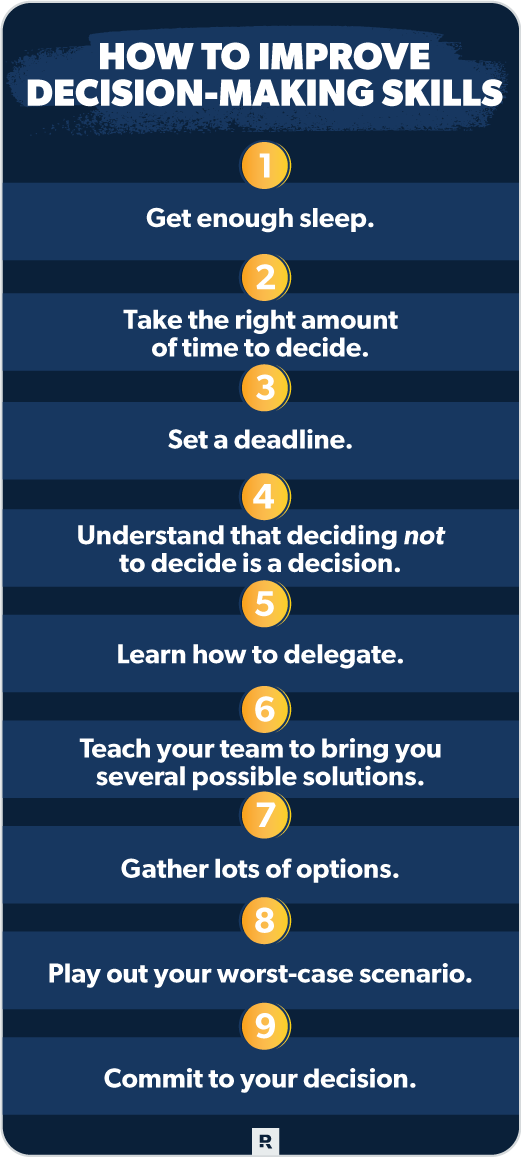Steps To Build A Consistent And Effective Self-Learning Habit
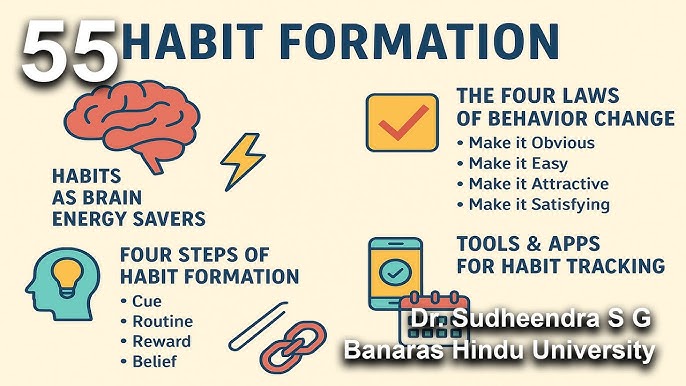
Have you ever wondered why only 10% of New Year’s resolutions are successfully achieved? This startling statistic puts into perspective the challenge of forming new habits, especially those related to self-learning. Building a consistent and effective self-learning habit requires more than just initial enthusiasm—it’s a structured process.
Historically, humans have always sought to improve their knowledge and skills. However, the evolution of self-learning practices has made it increasingly accessible through online resources and flexible schedules. A practical approach involves setting clear goals, creating a learning schedule, and constantly evaluating progress. By doing so, individuals can ensure they remain committed to their self-learning journey.

Essential Elements of Self-Learning
Setting clear goals is the first step to effective self-learning. Goals help you understand what you want to achieve and keep you focused. They should be specific, measurable, and attainable. Without a clear goal, it’s easy to lose track and motivation. For more details, check this post on setting clear goals.
Choosing the right resources is another crucial element. There are countless books, articles, and online courses available. Pick resources that match your learning style and goals. Quality over quantity is key here. According to the article, using curated resources can enhance your learning experience.
A practical schedule helps in maintaining consistency. Allocate regular time slots for learning activities. It’s better to study a little bit each day rather than cramming. This approach reinforces your knowledge. Create a study plan that suits your daily routine for better adherence.
Active learning techniques make the process enjoyable. Methods like summarizing, questioning, and teaching others can be very effective. These techniques deepen your understanding and retention. They also make learning interactive and fun. Implementing these strategies can transform your learning journey.
Defining Your Learning Goals
Defining your learning goals begins with identifying your interests and needs. Ask yourself what topics excite you or are essential for your growth. Once you have a clear idea, write down your objectives. This practice helps in staying organized and focused. For additional tips, refer to this post.
Make your goals specific, measurable, and attainable. Instead of vague intentions, like “learn more math,” aim for clear targets such as “understand calculus concepts by the end of the month.” This clarity allows you to track progress and stay motivated. Setting such detailed goals also makes it easier to plan your learning activities.
Consider breaking down larger goals into smaller, manageable steps. This approach prevents feeling overwhelmed and makes each task more achievable. Smaller milestones lead to a sense of accomplishment. They also keep the momentum going as you progress toward your larger aim. Adjust these steps as needed to fit your learning style.
Review your goals regularly to ensure they remain relevant and realistic. Life changes may require you to update your learning plans. Reflect on your progress and decide if adjustments are needed. This ongoing evaluation ensures that your goals align with your current priorities. Stay flexible but committed to your path.
Choosing the Right Resources
Choosing the right resources is essential for successful self-learning. Start by exploring different types, such as books, online courses, videos, and articles. Each resource type has its strengths, depending on your learning preferences. For instance, visual learners may benefit more from videos. According to this post, balancing diverse materials can enhance understanding.
Evaluate the credibility and quality of each resource. Look for reviews, ratings, and recommendations from trusted sources. Reliable resources often provide accurate and in-depth information. Avoid sketchy sources that might offer incorrect or superficial knowledge. Investing time in finding high-quality materials pays off in the long run.
Free and paid resources both have their places in self-learning. Plenty of free materials offer valuable insights. On the other hand, paid courses or books might provide structured learning paths and expert guidance. Consider mixing both to maximize your learning experience. This combination ensures a comprehensive approach.
Stay organized by creating a list of the resources you plan to use. Outline what each resource covers and how it fits into your learning goals. Regularly update this list as you discover new materials. Keeping track helps in managing your study plan effectively. It’s a simple yet powerful strategy for maintaining focus.
Setting a Practical Schedule
Creating a practical schedule is crucial for self-learning success. Allocate consistent time slots that fit into your daily routine. For some, early mornings work best, while others prefer evenings. Ensure the time set aside is free from distractions. This regularity builds a habit over time.
Divide your learning goals into daily or weekly tasks. Break them down into manageable chunks to avoid feeling overwhelmed. This division allows for focused and efficient studying. Progress feels more tangible and keeps motivation high. It also helps in tracking improvement.
Consider using tools like calendars and planners. Digital planners can send reminders and help you stay on track. Physical calendars offer a visual representation of your activities. Both options aid in organizing your schedule effectively. Choose the one that suits your style best.
Balance your schedule with breaks and leisure time. Overloading yourself can lead to burnout and reduce productivity. Short breaks between study sessions refresh your mind. Include hobbies and relaxation in your plan. Maintaining this balance leads to better overall well-being.
Regularly review and adjust your schedule as needed. Life changes can impact your availability and focus. Flexibility ensures that your study plan remains practical. Reassess your progress and make necessary changes. This adaptability keeps your learning journey smooth.
Utilizing these strategies can help in creating a practical and efficient learning schedule. It’s important to stay flexible, focused, and balanced. According to this article, setting a structured plan can significantly improve self-learning outcomes.
Implementing Active Learning Techniques
Active learning techniques engage learners more deeply. These methods can transform your study sessions into interactive experiences. Techniques like summarizing help reinforce key points. They clarify what you’ve understood and highlight areas needing more focus. Teaching others is another powerful method, as explaining concepts strengthens your grasp.
Using questioning techniques stimulates critical thinking. Asking questions during your study sessions makes the material more engaging. It helps you connect different ideas and apply knowledge practically. This approach turns passive reading into a dynamic process. You become more involved in your learning journey.
- Summarize key points after each study session.
- Teach the material to peers or friends.
- Ask questions to probe deeper into the subject.
- Use flashcards for quick reviews.
- Engage in discussions to explore different perspectives.
Flashcards are great tools for memory reinforcement. They simplify complex information into digestible parts. Regularly reviewing flashcards enables quick recall and understanding. This method is particularly useful for subjects requiring memorization. It adds variety to your study techniques.
Group discussions enhance learning through collaboration. Sharing ideas and perspectives introduces new angles on the topic. It encourages active participation and clarifies doubts. These discussions can be informal or structured. They provide a supportive environment for collective learning.
Implementing these active learning strategies encourages a deeper connection to the material. According to this post, active engagement leads to better retention and understanding. Embrace these techniques and make your self-learning journey more effective.
Tracking Your Progress
Tracking your progress helps in understanding how far you’ve come in your learning journey. Start by setting benchmarks for what you aim to achieve. These benchmarks could be daily, weekly, or monthly goals. Regularly check if you’re meeting these targets. This practice keeps you motivated and focused.
Use tools like journals or apps to monitor your progress. Journals allow you to write reflections on what you’ve learned each day. Apps provide digital tracking with features like notifications and analytics. Both methods offer insights into your learning habits. They help in identifying areas that might need more attention.
Celebrate small victories to keep your spirits high. Recognizing achievements, no matter how minor, boosts motivation. It’s important to reward yourself for meeting your benchmarks. These celebrations reinforce positive behavior. According to this article, acknowledging progress keeps the learning momentum going.
Comparing your progress over time can reveal trends and patterns. Analyze your performance regularly to see steady improvements or declines. This comparison can be visualized in graphs or tables. Such tools make trends more apparent and easier to understand. Adjust your strategies based on these insights.
- Set daily, weekly, or monthly benchmarks.
- Use journals or apps to track daily reflections.
- Celebrate small victories to boost motivation.
- Analyze trends with graphs or tables.
- Adjust strategies based on performance insights.
Seeking feedback from others adds another layer to tracking. Mentors, teachers, or peers can provide valuable opinions. Their insights could highlight strengths and weaknesses you hadn’t noticed. This external feedback complements self-assessment. It enhances your understanding of your progress.
Challenges in Developing a Self-Learning Habit
One of the biggest challenges in self-learning is maintaining motivation. Initially, enthusiasm may be high but can diminish over time. Without external pressure like deadlines or grades, staying committed becomes tough. Finding ways to keep motivated is crucial. Regularly revisiting your goals helps keep the spark alive.
Lack of resources can also hinder self-learning efforts. Not everyone has access to quality materials or guidance. This limitation makes it difficult to progress and stay engaged. Seeking free resources online or joining learning communities can help bridge this gap. Access to diverse materials enriches your learning experience.
Balancing self-learning with other responsibilities poses another challenge. Family, work, and social commitments can take up most of your time. This balance requires careful planning and discipline. Scheduling dedicated study times within your routine can make a difference. Prioritize learning without neglecting other important aspects of life.
- Regularly revisit your goals.
- Seek free resources and join learning communities.
- Schedule dedicated study times.
Isolation often comes with the territory of self-learning. Unlike traditional classrooms, there’s limited interaction with peers or mentors. This isolation can affect motivation and lead to stagnation in progress. Engaging in forums, discussion groups, or finding study partners mitigates this issue. Interaction fosters a sense of community and shared growth.
Doubt and second-guessing are common challenges faced during self-directed learning journeys as well as isolation doubting one’s understanding due to lack of immediate guidance increases frustration consider reaching out for feedback or assistance actively seeking solutions will enhance confidence resulting improvement for further details refer according to the article here this post
Strategies to Overcome Common Obstacles
To maintain motivation, set short-term goals with rewards. Break larger objectives into smaller tasks. Celebrate completing each task to keep yourself motivated. Rewards can range from simple treats to extra leisure time. This approach keeps you continually engaged and driven.
For access to quality resources, explore online libraries and free courses. Many platforms offer valuable materials at no cost. Use forums to ask for recommended resources from experienced learners. Collaborating with peers can also provide new insights. This shared knowledge enhances your learning journey.
Plan your schedule around your existing commitments. For instance, integrate study sessions during breaks or quiet periods. Use time management techniques like the Pomodoro Method. This involves focused study intervals with breaks in between. It helps maintain concentration and productivity.
- Set short-term goals and rewards.
- Explore online libraries and forums.
- Use the Pomodoro Method.
- Engage with learning communities.
Combat isolation by joining online study groups and forums. Interaction enhances learning through shared experiences. Study partners can provide feedback and help clarify doubts. Regularly participate in discussions and group activities. Building this network creates a support system for continuous learning.
Address self-doubt by seeking regular feedback from mentors or peers. Honest critiques help improve understanding and confidence. Engage in productive conversations that address weaknesses and strengths. This input is beneficial for growth. Resources like this article offer strategies for reaching out and obtaining valuable feedback.
Tools and Technologies to Enhance Self-Learning
Several digital tools can significantly boost self-learning efforts. For instance, apps like Duolingo help with language learning. They offer interactive exercises that make practicing fun and effective. Platforms like Coursera or Khan Academy provide extensive courses on various subjects. These resources offer structured paths and expert guidance.
Flashcards apps such as Anki are excellent for memory reinforcement. They use spaced repetition to help remember information over time. This method is highly effective for subjects requiring memorization. Anki allows you to create your own flashcards or use pre-made sets. It’s a versatile tool for various learning needs.
- Duolingo for language learning.
- Anki for memory reinforcement.
- Coursera and Khan Academy for comprehensive courses.
- Evernote for note-taking and organization.
Note-taking apps like Evernote or OneNote assist in organizing information. These apps help compile notes, articles, and resources in one place. You can tag, search, and easily access your notes anytime. This organizational capability enhances the study experience. It ensures that essential information is always at your fingertips.
Online forums and study groups also contribute significantly to learning. Websites like Reddit or specialized forums provide spaces for discussion and queries. Engaging in these communities offers multiple perspectives and solutions. It’s beneficial for getting feedback and advice. Learning becomes collaborative and enriched in this environment.
Utilizing these tools and technologies creates a more efficient and engaging self-learning experience. According to this post, incorporating diverse digital resources ensures a structured and motivated approach to self-learning. Embrace these aids to make your learning journey smoother and more enjoyable.
Success Stories: Transformations Through Self-Learning
Many individuals have achieved remarkable success through self-learning. For example, consider the story of Sarah, who taught herself web development. Starting with online tutorials, she practiced daily and built her first website within six months. Today, she runs a successful web development business. Sarah’s journey showcases the power of dedication and self-learning.
Another inspiring example is Mike, a high school dropout who mastered graphic design. Mike utilized free resources and YouTube tutorials to learn design basics. His persistence paid off as he developed a unique style and built a portfolio. Now, Mike works with high-profile clients and runs his own design agency. His success highlights the accessibility of self-learning.
- Sarah: From beginner to web development entrepreneur.
- Mike: From dropout to graphic design agency owner.
- Lisa: Self-taught data scientist.
Lisa’s transformation into a data scientist is equally impressive. Without formal education, she started with online courses on platforms like Coursera. Lisa dedicated time each day to study algorithms and data analysis. Her efforts led to a job at a leading tech firm. Lisa’s story proves that self-learning can open doors to prestigious careers.
Countless other success stories demonstrate the impact of self-learning. Every journey begins with small, consistent steps. Utilizing quality resources and staying committed are key elements. These examples motivate others to pursue self-learning paths. Tracking progress and celebrating milestones ensure the journey remains rewarding.
Such transformations through self-learning reflect the accessibility and potential of this approach. According to this article, self-learning empowers individuals to reach heights previously deemed unattainable. Embrace the community and resources available, and start your own success story.
Key Takeaways
- Set clear and achievable learning goals to stay focused.
- Use quality resources that match your learning style.
- Create a practical schedule and stick to it consistently.
- Engage in active learning techniques like summarizing and teaching others.
- Regularly track your progress to adjust your strategies as needed.
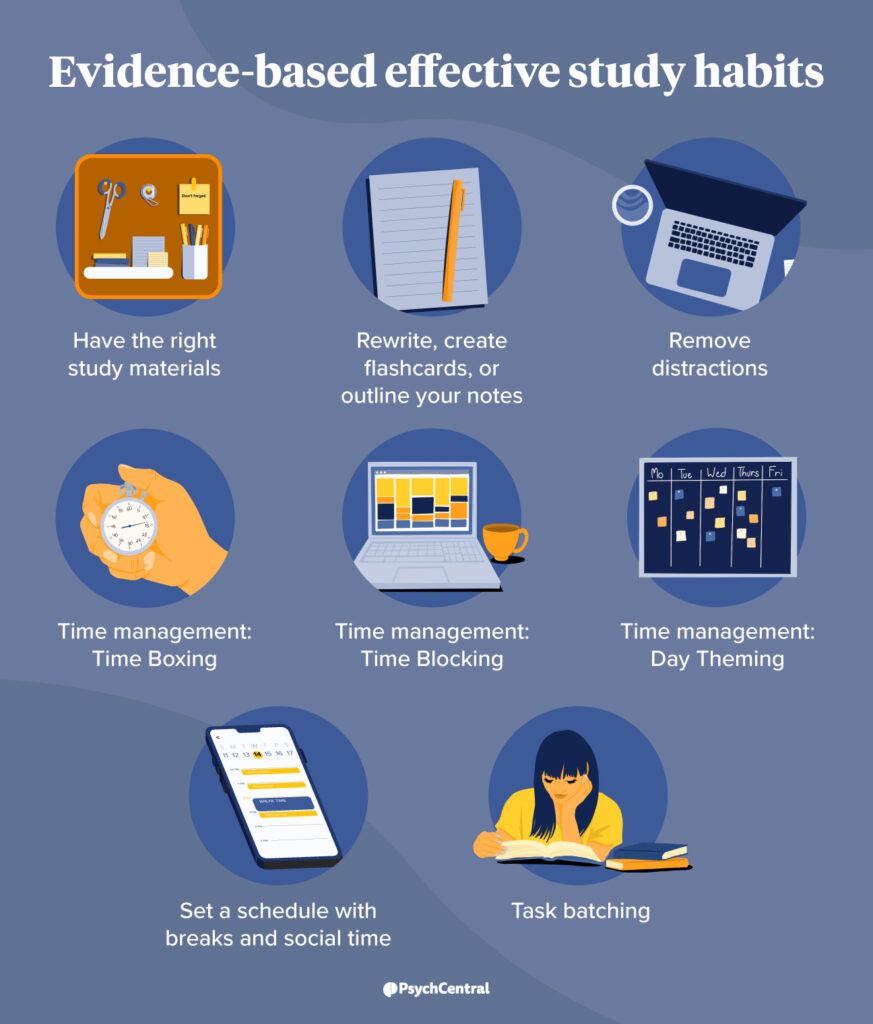
Conclusion
Developing a consistent and effective self-learning habit is a structured yet rewarding journey. By setting clear goals and choosing the right resources, you lay a solid foundation. Implementing active learning techniques and tracking progress ensures continuous improvement.
Balancing learning with other responsibilities and staying motivated are crucial. Remember to celebrate small victories and seek support when needed. With dedication and the right strategies, self-learning can lead to significant personal and professional growth.
